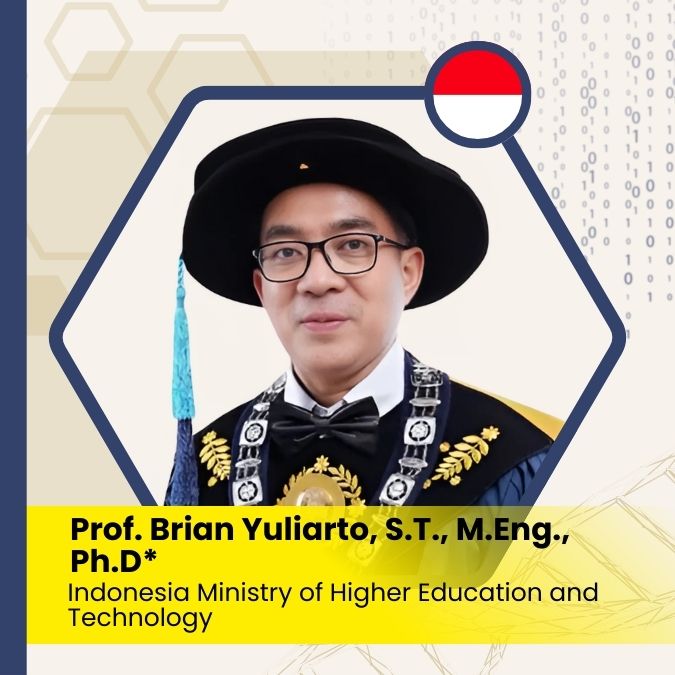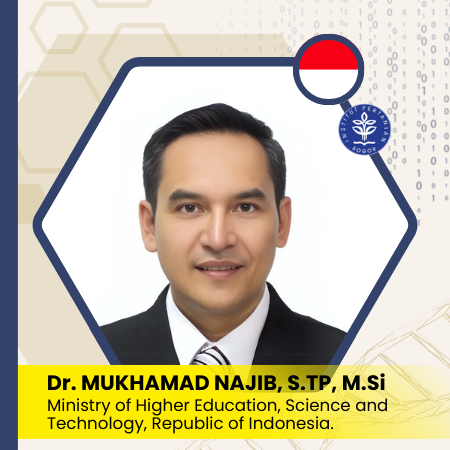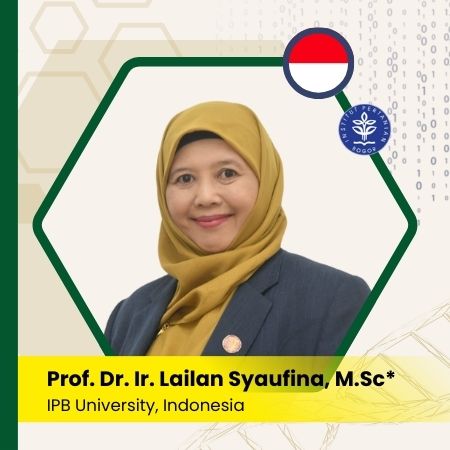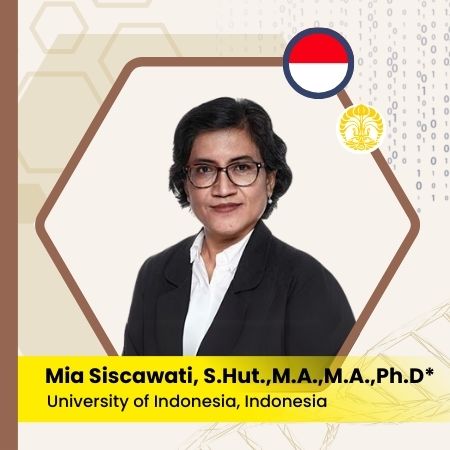Characterization of Indigenous Microalgae and Their Potential as Sustainable Feed Resources for Seaweed and Lobster Aquaculture in Ekas Bay, Lombok
Will be presented at Thursday, 22 May 2025, 13.30 (GMT +7)
Keywords:
Indigenous microalgae; sustainable aquaculture; seaweed farming; lobster culture; environmental parameters; tropical bioresourcesAbstract
This study explores the diversity and ecological potential of indigenous microalgae as sustainable feed resources in seaweed and lobster aquaculture systems in Ekas Bay, Lombok. Field sampling was conducted offshore using traditional bagan-based aquaculture structures during both the rainy and dry seasons. Four sampling periods were completed, accompanied by measurements of environmental parameters including dissolved oxygen, salinity, temperature, pH, current velocity, and light intensity. Microalgal species were identified, classified into taxonomic families, and evaluated based on their potential nutritional roles as aquaculture feed. Preliminary findings reveal seasonal variations in both species composition and water quality parameters, with several families exhibiting high potential as natural feed components. These native microalgae not only contribute to ecological stability but also offer a promising alternative to conventional feed sources. The study provides a scientific foundation for developing locally sourced, sustainable aquaculture feed, and supports broader efforts to reduce ecological footprints in tropical agromaritime systems. Moreover, this research emphasizes the strategic value of utilizing local biodiversity to foster innovation in aquaculture practices while addressing sustainability challenges. Ongoing work includes nutritional profiling and literature-based benchmarking to validate feed potential and support practical application in tropical aquaculture.






























